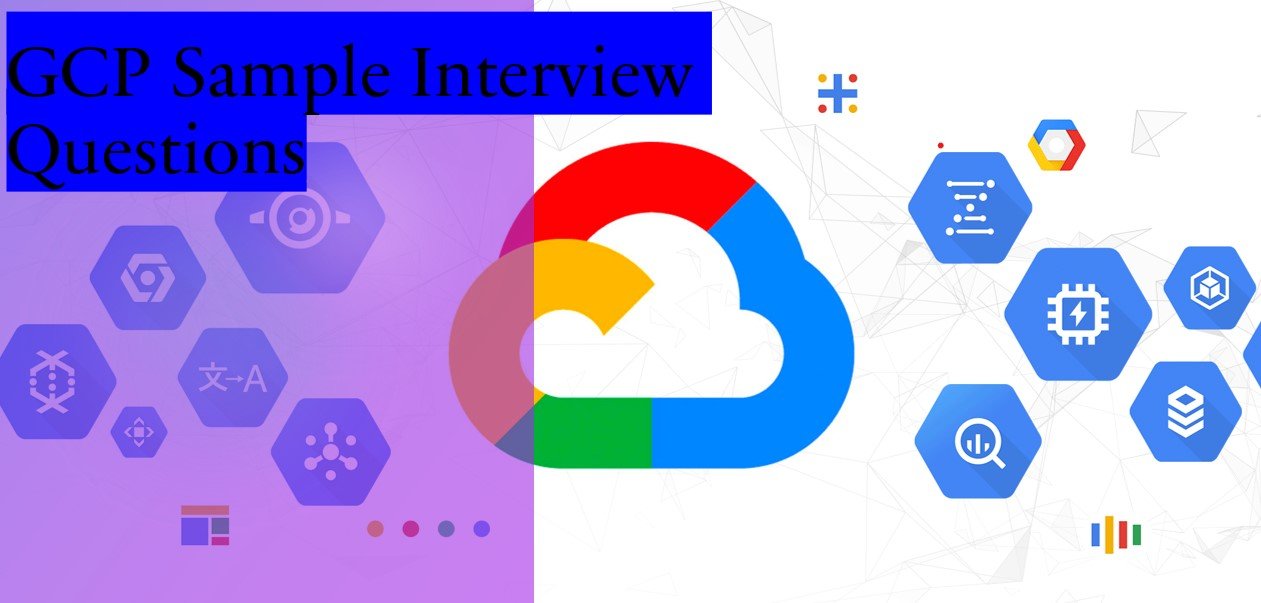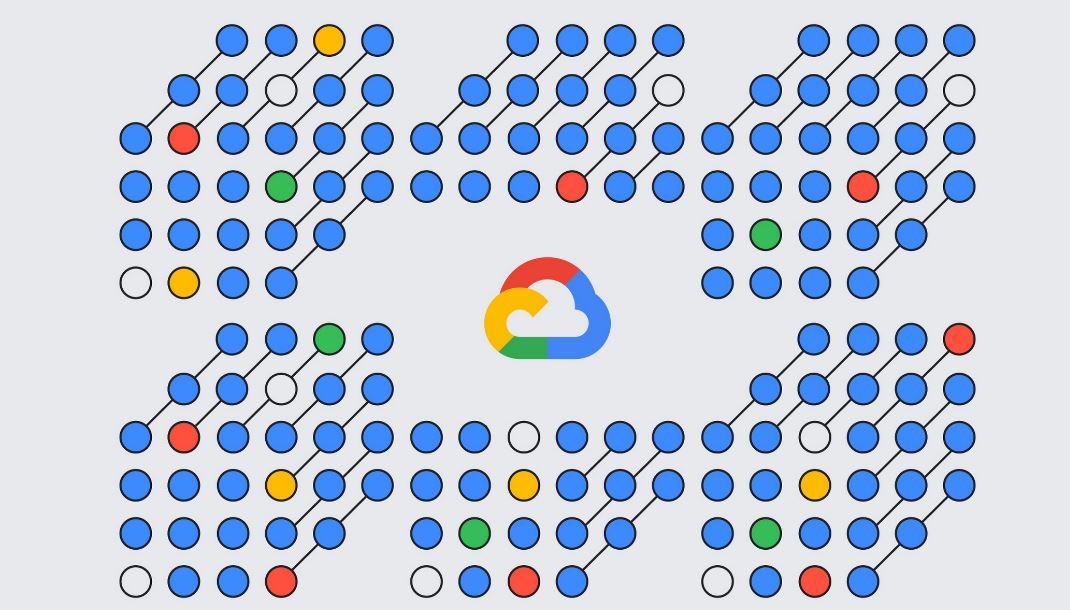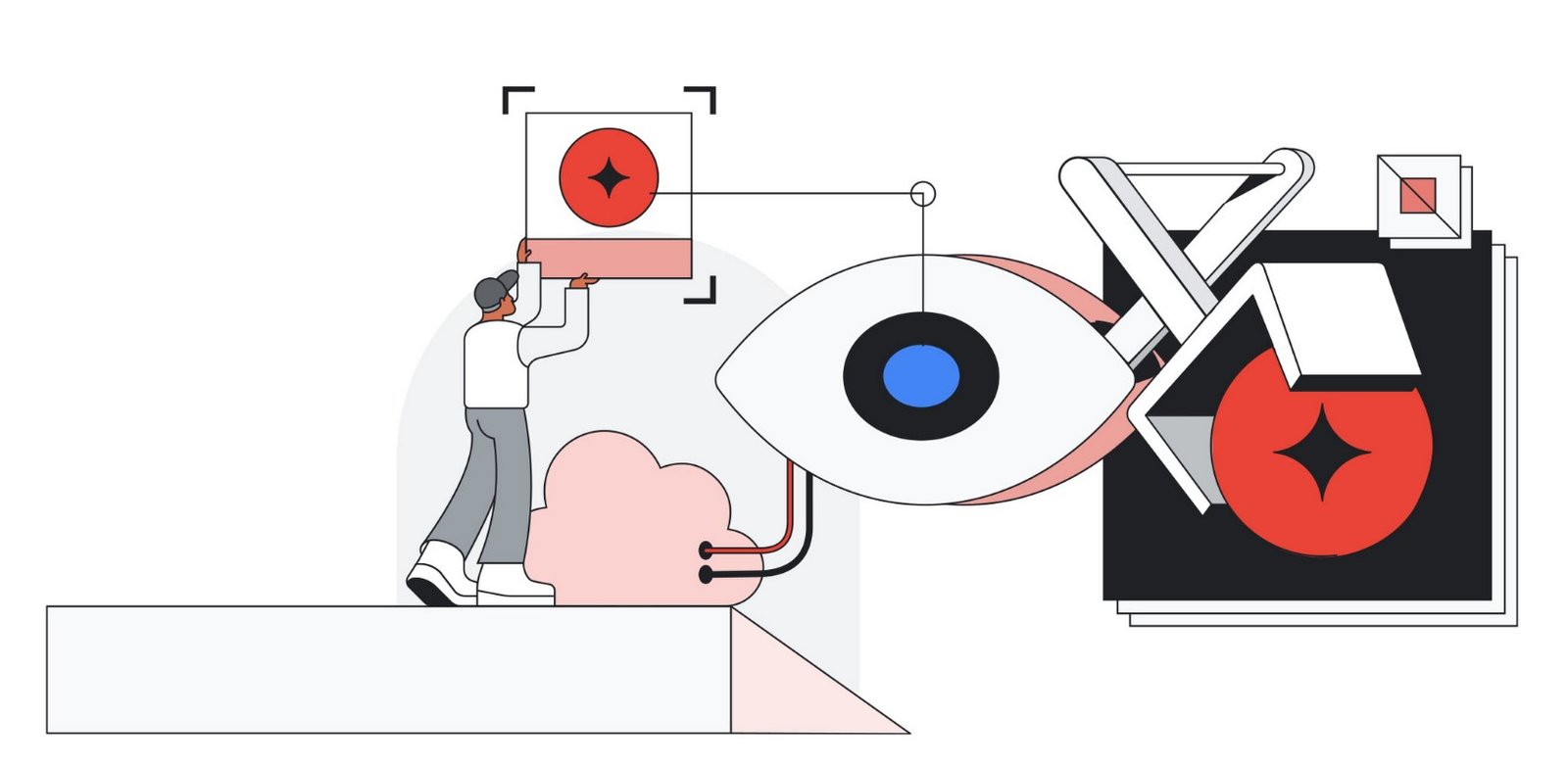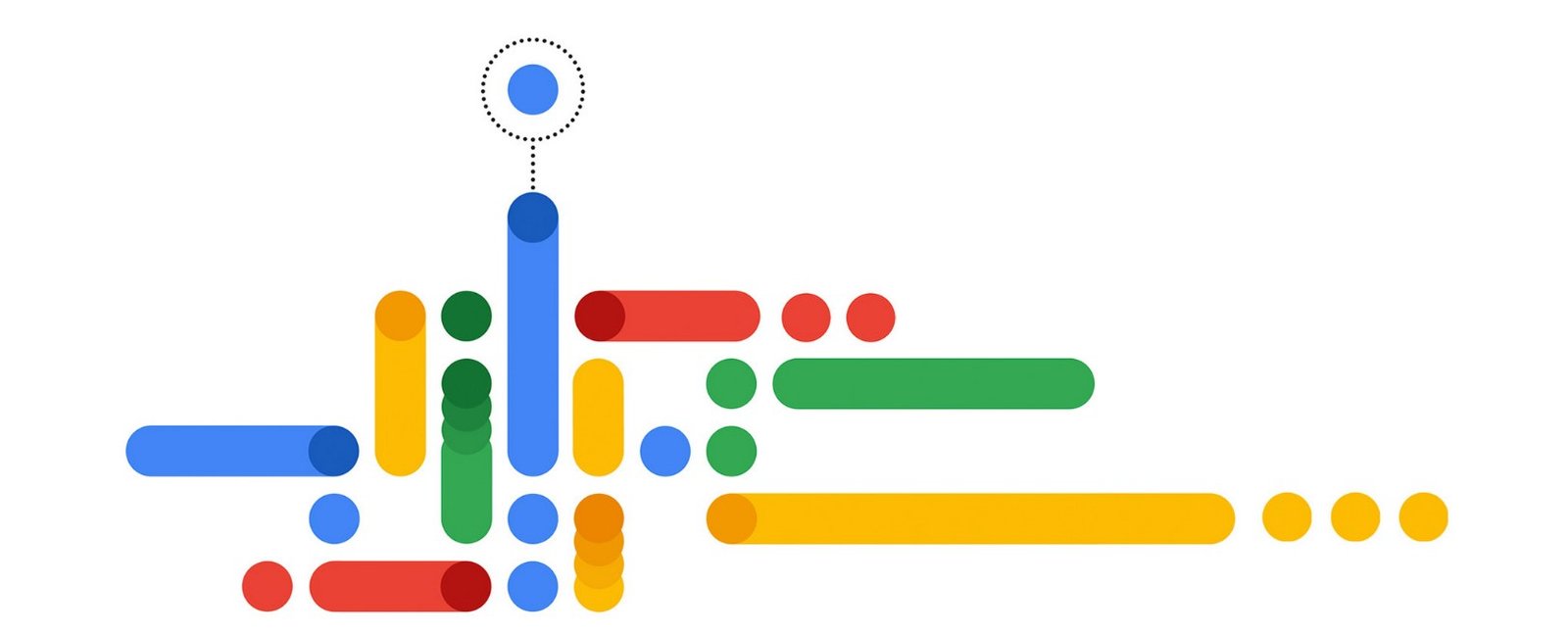
Here are few interview questions and answers on Google Cloud Platform (GCP) with explanations:
- What is Google Cloud BigQuery?
A: Google Cloud BigQuery is a fully managed, petabyte-scale data warehouse service that enables super-fast SQL queries using the processing power of Google’s infrastructure. It supports real-time data streaming and integrates with various data sources, making it suitable for big data analytics. - assessing, deploying, and optimizing the migrated resources. It is important to consider factors like compatibility, performance, and cost when planning the migration.
- What is the Google Cloud SDK?
A: The Google Cloud SDK is a set of command-line tools and libraries for managing GCP resources and services. It includes the ‘gcloud’ command-line tool, which provides a unified interface for managing GCP services, as well as tools like ‘gsutil’ for working with Google Cloud Storage and ‘kubectl’ for managing Kubernetes clusters. - What is Google Cloud’s Virtual Private Cloud (VPC)?
A: Google Cloud VPC is a virtual networking service that allows you to create isolated networks within GCP, and securely connect your cloud resources with on-premises networks or other cloud providers. VPC provides features like subnets, firewalls, and routing to help you manage and secure your network traffic. - What is Google Cloud CDN?
A: Google Cloud CDN (Content Delivery Network) is a global caching service that accelerates content delivery for your web applications by caching static assets, like images, videos, and CSS, at Google’s edge locations around the world. This reduces latency and improves the user experience for your global audience. - What is Google Cloud AutoML?
A: Google Cloud AutoML is a suite of machine learning services that enables you to train custom ML models without requiring extensive ML expertise. It provides services like AutoML Vision, AutoML Natural Language, and AutoML Tables, which use Google’s state-of-the-art transfer learning and neural architecture search technologies to automatically build and optimize models for your specific use case. - What are Google Cloud Preemptible VMs?
A: Preemptible VMs are short-lived, low-cost Compute Engine instances that can be terminated at any time by Google, with a maximum lifespan of 24 hours. They are suitable for fault-tolerant, batch processing workloads that can tolerate interruptions and offer significant cost savings compared to regular VM instances. - What are Google Cloud APIs?
A: Google Cloud APIs are Application Programming Interfaces that allow you to interact with GCP services programmatically. They enable you to build applications that leverage GCP’s infrastructure, data storage, and machine learning capabilities. Some popular APIs include Google Cloud Storage API, BigQuery API, and Vision API. - What is Google Cloud Anthos?
A: Google Cloud Anthos is a hybrid and multi-cloud application platform that enables you to build, deploy, and manage applications consistently across on-premises, GCP, and other cloud environments. It is built on open-source technologies like Kubernetes, Istio, and Knative, and provides a single pane of glass for managing your infrastructure, policies, and security. - What is Google Cloud AI Platform?
A: Google Cloud AI Platform is a suite of services and tools for building, deploying, and managing end-to-end AI and ML workflows. It includes services like AI Platform Notebooks for interactive development, AI Platform Training for training custom models, and AI Platform Prediction for serving your trained models. It supports various ML frameworks, such as TensorFlow, PyTorch, and scikit-learn, and integrates with other GCP services for data storage and processing. - What is Google Cloud Firestore?
A: Google Cloud Firestore is a fully managed, serverless, NoSQL document database service designed for web and mobile applications that require real-time data synchronization and offline support. It provides automatic scaling, low-latency queries, and strong consistency, and supports ACID transactions. - What is Google Cloud Dataproc?
A: Google Cloud Dataproc is a fully managed service for running Apache Spark and Hadoop clusters in GCP. It provides fast cluster provisioning, auto-scaling, and integration with other GCP services, allowing you to process and analyze large datasets with ease. - What is Google Cloud Composer?
A: Google Cloud Composer is a fully managed workflow orchestration service built on Apache Airflow. It allows you to create, schedule, and monitor data pipelines across various GCP services and external systems, and provides a simple UI and Python SDK for defining workflows. - What are the main benefits of using GCP?
A: Some main benefits of using GCP include global infrastructure, scalability, cost-effectiveness, security, compliance, and access to innovative technologies such as AI and ML. - What are the key differences between GCP, AWS, and Azure?
A: The main differences lie in their market share, service offerings, pricing models, and integration with other platforms. While AWS has the largest market share and the most comprehensive service offerings, GCP is known for its advanced AI/ML and data analytics tools. Azure, on the other hand, has a strong integration with Microsoft products and is popular among enterprises already invested in the Microsoft ecosystem. - What is Google Cloud Memorystore?
A: Google Cloud Memorystore is a fully managed, in-memory data store service that provides managed instances of Redis and Memcached. It is designed for use cases that require a fast, low-latency caching layer, such as web applications, gaming, and real-time analytics. - How do you migrate an on-premises workload to GCP?
A: You can use various tools and services to migrate on-premises workloads to GCP, such as Google Cloud Storage Transfer Service, Google Cloud Data Transfer Appliance, and Google Cloud Migrate for Compute Engine. The migration process usually involves planning, - What is Google Cloud Endpoints?
A: Google Cloud Endpoints is a service that allows you to develop, deploy, and manage APIs for your applications running on GCP. It provides features like authentication, monitoring, logging, and API documentation generation, helping you to secure, analyze, and maintain your APIs. - What is Google Cloud Billing?
A: Google Cloud Billing is the service that manages billing accounts, projects, and payments for GCP resources and services. It provides features like cost reporting, budgeting, and alerts, enabling you to track and manage your GCP spending. - What is Google Cloud KMS?
A: Google Cloud Key Management Service (KMS) is a fully managed service that allows you to create, manage, and use cryptographic keys for encrypting and decrypting data in GCP. KMS supports various key types, such as symmetric and asymmetric keys, and integrates with other GCP services for data encryption and decryption. - What is Google Cloud Data Fusion?
A: Google Cloud Data Fusion is a fully managed, cloud-native data integration service that allows you to build, deploy, and manage data pipelines without the need for coding. It provides a visual interface for designing and executing data transformations, and supports various data sources and formats. - What is Google Cloud Run?
A: Google Cloud Run is a fully managed, serverless compute platform that allows you to run stateless containers in response to events or HTTP requests. It automatically scales based on traffic, supports custom domains and HTTPS, and integrates with other GCP services, making it suitable for building and deploying microservices, APIs, and event-driven applications. - What is Google Cloud Dialogflow?
A: Google Cloud Dialogflow is a natural language understanding (NLU) platform that enables you to build conversational interfaces, such as chatbots and voice assistants, for your applications. It supports multiple languages, platforms, and devices, and provides features like intent recognition, entity extraction, and context management to help you create engaging and natural user experiences. - What is Google Cloud Deployment Manager?
A: Google Cloud Deployment Manager is an infrastructure-as-code service that allows you to automate the creation, update, and management of GCP resources using declarative templates in YAML or JSON format. It supports versioning, parameterization, and rollback, enabling you to manage complex deployments and infrastructure changes efficiently. - What is Google Cloud VPN?
A: Google Cloud VPN is a service that allows you to securely connect your on-premises networks, remote offices, or other cloud providers to your GCP VPC networks using IPsec VPN tunnels. It supports both site-to-site and client-to-site VPN configurations and provides high availability, strong encryption, and traffic encryption. - What is Google Cloud Security Scanner?
A: Google Cloud Security Scanner is a web application security scanning tool that helps you identify security vulnerabilities in your App Engine, Compute Engine, and GKE applications. It supports various types of scans, such as crawl and attack, and provides actionable recommendations for fixing detected issues.





Leave a Reply